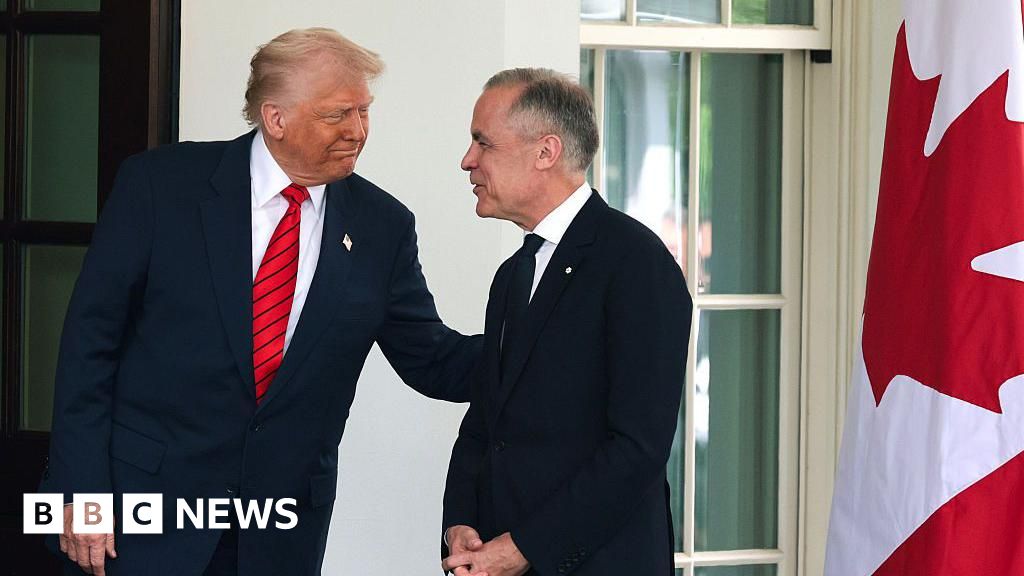As negotiators gather in Bonn for the mid-year United Nations climate talks, a key stepping-stone toward the UN Climate Change Conference (COP30) in Belém, Brazil, governments have an important opportunity to place the fossil fuel phaseout at the heart of global climate action.
Despite the historic commitment at COP28 to transition away from fossil fuels, COP29 delivered no meaningful progress. Meanwhile, several governments are planning to increase fossil fuel production supported by ongoing subsidies. Fossil fuels remain the primary driver of the climate crisis, responsible for over 80 percent of global carbon dioxide emissions. Human Rights Watch has documented how communities living near coal, oil, and gas infrastructure bear the brunt of the health, environmental, and human rights harms caused by fossil fuel production.
The Bonn conference should lay the groundwork for the transition away from fossil fuels within a clear, time-bound framework.
This year, countries are expected to submit updated national climate plans outlining how they will reduce emissions through 2035. Yet most countries have not submitted updated plans, and many of those submitted so far fall short of aligning with limiting global temperatures to 1.5 degrees Celsius. Governments should use the Bonn talks to commit to ambitious climate plans that set out concrete milestones, such as ending new fossil fuel exploration and licensing, phasing out government subsidies and ensuring adequate monitoring and accountability.
Bonn is also a moment to fill a serious gap. The COP28 commitment to transition away from fossil fuels has not yet been incorporated in the COP30 agenda. Brazil’s recent call for countries to show how they plan to implement the COP28 commitment should be followed by efforts to ensure this issue is front and center in Belém. As the COP30 host, Brazil has a responsibility to lead.
Governments meeting in Bonn should commit to ambitious national plans and a fossil fuel phaseout. Without bold action now, COP30 risks falling short on delivering a credible response to the climate crisis.









 English (US) ·
English (US) ·